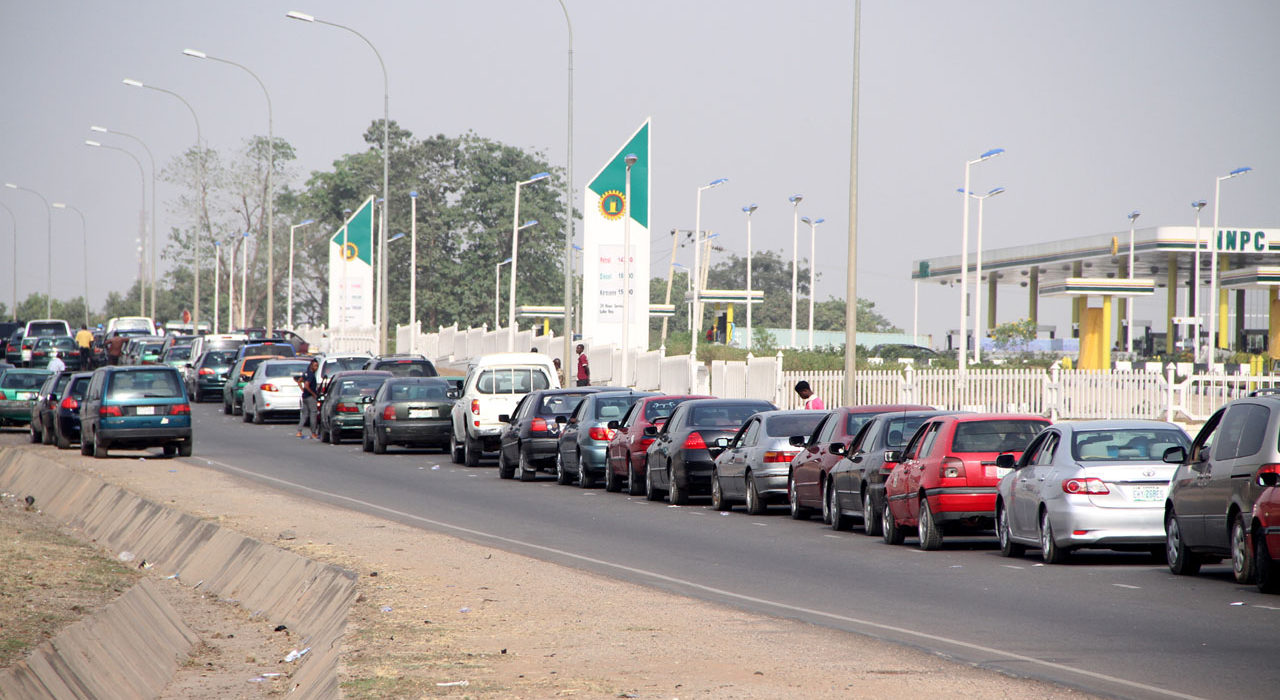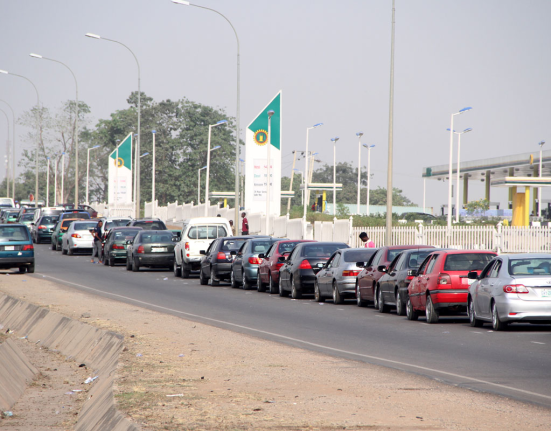Abuja, June 23, 2025 – Mounting frustration is sweeping across Nigerian cities as motorists continue to endure days-long queues at Compressed Natural Gas (CNG) filling stations, casting serious doubts on the government’s much-publicised energy transition programme.
From Abuja to Lagos and across parts of the South-West, lengthy queues of vehicles stretch for kilometres outside the limited number of operational CNG stations. What was once hailed as a cost-saving alternative to petrol has now become a source of deep regret for many drivers who invested in gas-powered vehicle conversions.
“I’ve been here for five days now, just to fill my tank,” lamented Murtala Ishola, a 63-year-old taxi operator in Abuja. “We were told gas would be cheaper and more efficient, but what we’ve ended up with is hardship and lost income.”
The federal government had championed CNG as the centrepiece of its post-subsidy energy reform, following the removal of fuel subsidies in May 2023 by President Bola Ahmed Tinubu. The removal pushed petrol prices from under ₦200 to over ₦900 per litre in some parts of the country, prompting authorities to launch the Presidential Compressed Natural Gas Initiative (PCNGI) as an affordable alternative, particularly for commercial transport operators.
However, more than a year since the initiative was introduced, logistical bottlenecks, infrastructure gaps, and limited access have crippled its implementation. Less than 15 functional CNG stations are currently operating nationwide, and delays in pipeline distribution and station rollout continue to restrict availability.
For drivers who spent between ₦300,000 and ₦700,000 to convert their vehicles to CNG, the situation is becoming economically unsustainable.
“I invested heavily in CNG thinking it was the future,” said Yusuf Danjuma, a commercial driver in Lagos. “Now I spend more time in queues than I do working. I’m thinking of converting back to petrol, even though that will cost me again.”
The Nigerian Midstream and Downstream Petroleum Regulatory Authority (NMDPRA) has acknowledged the setbacks and attributed the delays to infrastructure rollout challenges. The agency, however, maintains that new CNG stations are under construction and that partnerships with private investors are being accelerated to meet growing demand.
In a bid to salvage the programme, the federal government has pledged to expand CNG coverage to over 100 stations by 2026, introduce mobile CNG filling units, and offer tax incentives to attract investors to the alternative fuel sector.
Still, public confidence appears to be waning. Stakeholders argue that while the government’s intentions may be commendable, poor execution has compounded the suffering of millions already reeling from high inflation, rising transport costs, and declining purchasing power.
Experts have warned that unless urgent measures are taken to bridge the infrastructure gap and streamline distribution, the CNG initiative—once hailed as a key solution to Nigeria’s fuel woes—risks becoming yet another missed opportunity in the country’s energy transition journey.
With pressure mounting, the coming months will be crucial in determining whether the government can restore public trust and deliver on its promise of a cleaner, cheaper, and more accessible fuel alternative.

